Why Being Different Is Your Superpower
For Deaf Filipinos, your identity—as expressed through language, culture, and lived experience—is not just different—it’s powerful. In a world that often pushes for conformity, embracing what sets you apart can become your greatest strength.
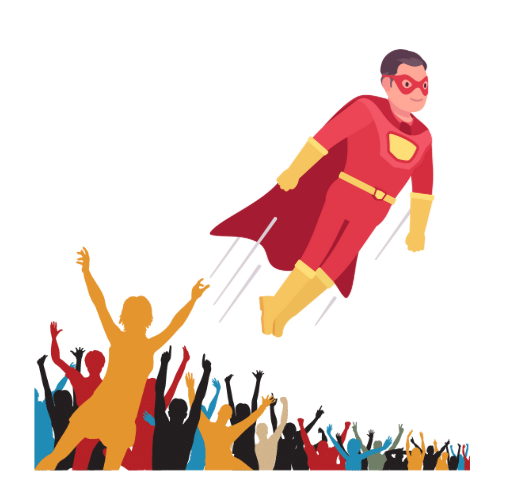
Embracing Deaf Identity Is Empowering
Being Deaf is more than a difference—it’s a meaningful identity rooted in a rich community and language. This collective identity is vital for self-esteem and belonging. Research shows that Deaf children develop greater confidence and resilience when they engage with Deaf role models and peers who value their identity.
Unique Cultural Strengths Fuel Success
Deaf culture fosters visual creativity, problem-solving, and perceptive communication—skills that flourish outside traditional paths. Institutions like the Manila Christian Computer Institute for the Deaf (MCCID) showcase how embracing Deaf identity leads to remarkable achievements: Deaf Filipinos have won national and international awards in IT and web design, become national leaders, and even worked at Malacañang Palace.
Laws That Honor Your Identity
In 2018, the Philippines took a landmark step by officially recognizing Filipino Sign Language (FSL) as the national sign language in Republic Act 11106—mandating FSL use in education, media, government, and public services Wikipedia. This law affirms that Deaf identity is not just valuable—it is protected by law.
Organizations That Celebrate Your Power
Organizations like the Philippine Federation of the Deaf (PFD) work tirelessly to uplift Deaf identity and rights through advocacy, leadership training, and public awareness programs. Similarly, IDEA Philippines empowers Deaf Filipinos by providing education, vocational training, employment, and community support—reinforcing that identity opens doors, not closes them.
Rewriting the Narrative: From Difference to Superpower
Many in the Deaf community have experienced society’s message of needing to change. But the real shift comes when we reject that narrative. As one writer and campaigner put it: “I had to stop saying sorry for being myself… my communication needs are nothing to be sorry for” – The Guardian.
When you embrace your Deafness not as a deficit—but as a strength and cultural richness—you empower yourself and inspire others to do the same.
Conclusion
Your Deaf identity is not a limitation—it’s your superpower. It fuels creativity, shapes resilient communities, and drives progress. When you embrace your language, culture, and community—supported by laws, institutions, and role models—you don’t just belong; you lead.
So ask yourself: How will I shine using my unique strengths today?
References
- Building a Positive Self-Identity in Deaf Children: The Role of Deaf Role Models and Peers. – Deaf Center
- Manila Christian Computer Institute for the Deaf (MCCID) achievements and legacy – Wikipedia
- Republic Act 11106 – Filipino Sign Language Act Wikipedia
- Philippine Federation of the Deaf’s mission and priorities Wikipediapfdeaf.org
- “I’m done saying sorry for being deaf…” — on rejecting shame and societal scripts – The Guardian

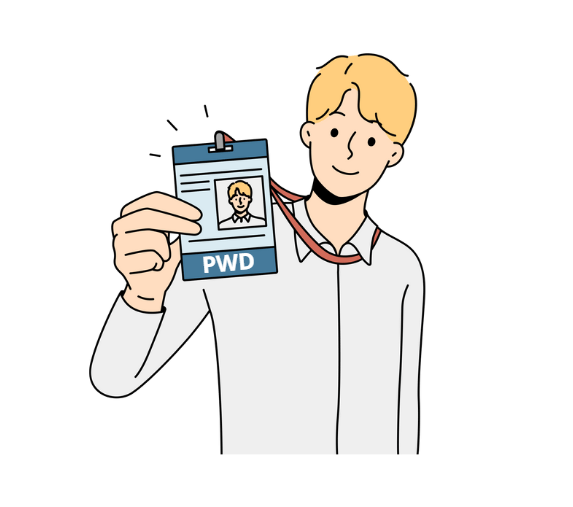
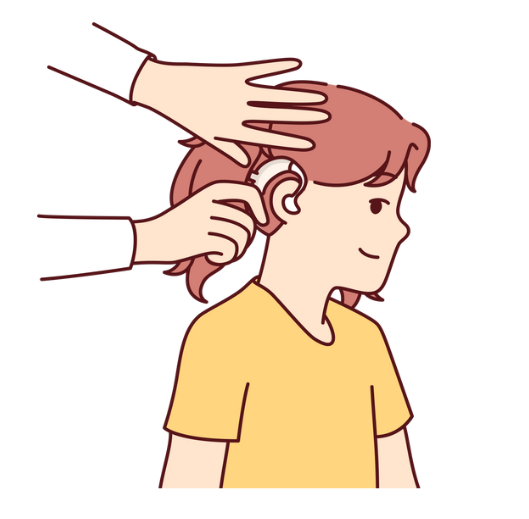
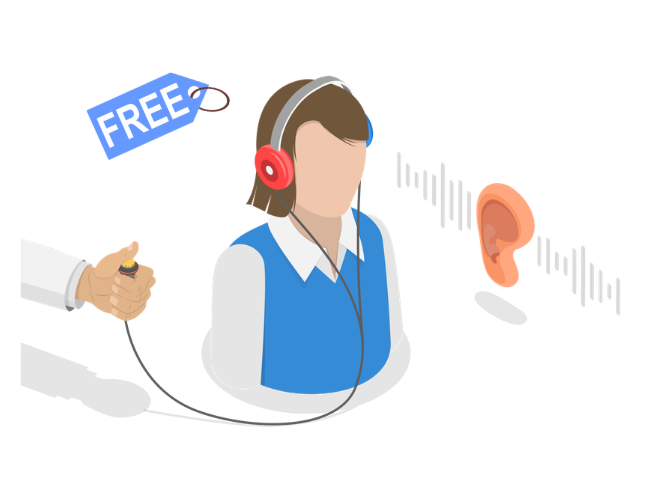
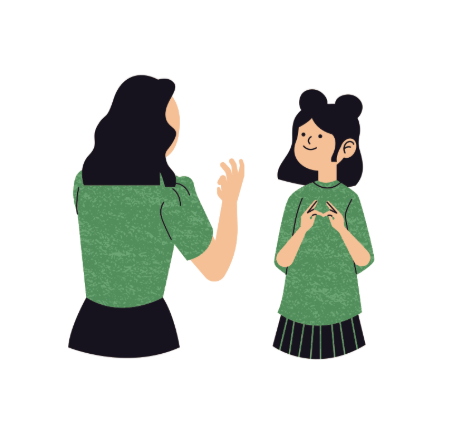
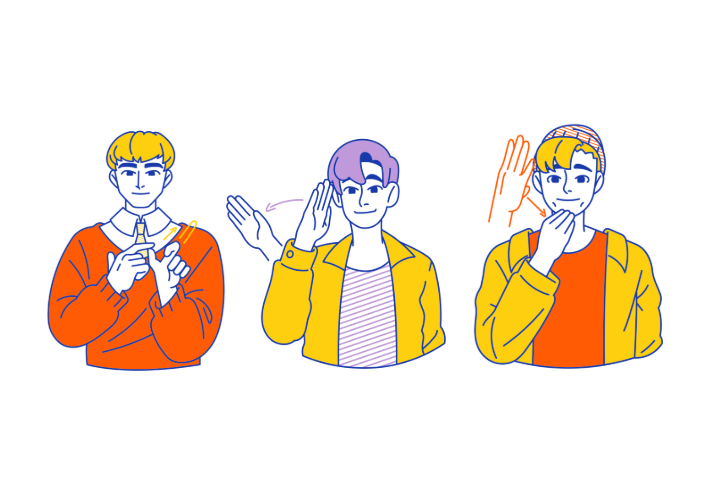

Leave a Reply